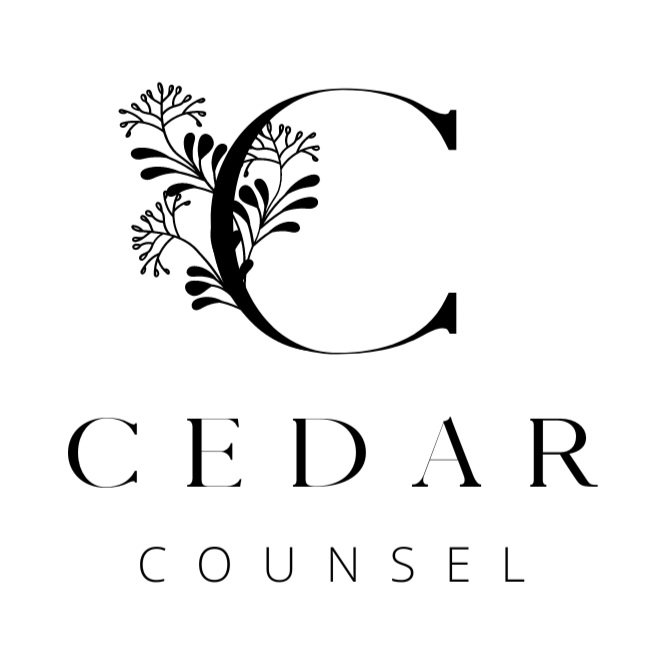Help for Dealing with a Parent’s Dementia Diagnosis
Alzheimer’s disease affects more than six million Americans and its prevalence will continue to grow with the aging population. Yet many families are unprepared to handle the legal and financial consequences of a dementia diagnosis.
If your parent has recently been diagnosed with Alzheimer’s or another related dementia, here are five legal steps to consider:
Encourage your parent to establish a durable power of attorney: This is important because dementia impacts a person’s ability to think clearly and meaningfully participate in legal and financial decision making. A durable power of attorney grants authority to a trusted individual (known as the agent or attorney-in-fact) to make decisions on your parent's behalf when they become unable to do so themselves.
Ask your parent to create an advance healthcare directive: An advance healthcare directive or a living will allows your parent to outline their wishes regarding medical treatment and end-of-life care. This document helps guide healthcare decisions when your parent can no longer express their preferences.
Review legal documents: Review your parent's existing legal documents, such as wills, trusts, and beneficiary designations on insurance policies and retirement accounts. It may be necessary to update these documents to ensure they reflect your parent's current wishes.
Seek advice: Build a team of financial and legal advisors to discuss your parent's financial situation and plan for their long-term care. We can provide guidance on managing assets, accessing government benefits, and potentially setting up a trust to protect your parent's assets.
Consider guardianship or conservatorship: In some cases, if your parent has not appointed a power of attorney and is no longer capable of making sound decisions, it may be necessary to pursue guardianship or conservatorship. This involves petitioning the court to appoint someone as a legal guardian or conservator to make decisions on your parent's behalf.
Often called “the long goodbye,” a dementia diagnosis affects the entire family. Caring for yourself will be essential for your own well-being and ability to support your parent effectively. Don't hesitate to ask for help and accept assistance.
We’re here to support you. Schedule an appointment for a free consultation today.
This article is a service of Cedar Counsel. We don’t just draft documents; we ensure you make informed and empowered decisions about life and death, for yourself and the people you love.
